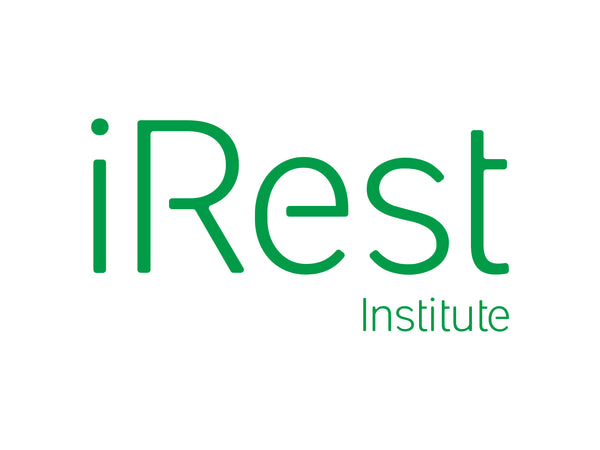
Thrive in Solo Quarantine with These Journaling Techniques
Share
For many people around the world, a shelter-in-place mandate continues. As we grapple with this circumstance, we find mental health issues such as depression and anxiety on the rise. For folks sheltering solo, these risks can be particularly high. Even amid efforts to consciously create community, like those explored here, isolation can surface and precipitate difficult feelings. Such feelings are easily compounded when no one is physically present to comfort us. What to do?
One way to proactively manage this risk is with writing therapy, or journaling. Essentially, this practice allows you to meet and keep company with your deepest self. Like meditation, writing therapy can be self-administered. Distinctive from keeping a record of daily events in a diary, journaling invites us to process experiences, reflect on feelings, and gain new insights into our lives. Offering a prime opportunity to refocus the mind and experiment with safe emotional expression, writing therapy can lead to radically enhanced health, resilience, and wellbeing.
Why Journal?
While the goals and outcomes of journaling can be different for everyone, one of its great gifts is the opportunity to reframe your life’s story. In the wake of painful events, this can have highly positive effects on your wellbeing. According to this study, journaling can be as effective as cognitive behavioral therapy, and is known to have a range of positive outcomes, including:
- Reduces stress
- Facilitates positive encouragement and self-talk
- Improves overall mood
- Increases feelings of well-being
- Improves blood pressure levels
- Fortifies immune system
- Improves memory
Get Started
To prepare for your foray into journaling, make a few basic preparations.
- Find a journal that feels comfortable—whether a classic leather bound book, a funky sketchpad, or an online space. Find a favorite writing utensil, too. (Here is a detailed review of journals and review of pens.) Keep both in a reliable place.
- Set a timeframe and commit to a schedule. A recommended beginning point is 15-20 minutes a day for four days.
- To center your thoughts, meditate before you begin. You can try the guided meditation below from iRest Founder Richard Miller to help get you started.
- Date each entry, in case you decide to look back on your writing someday and need this information for reference.
- Keep your journal private, at least for now. This is for you.
- Write without censoring yourself. Let it flow!
Try a Few Prompts
Freewriting
- With a long history as a tool for writers and artists, freewriting opens the valve of the mind and allows anything and everything to spill out. It’s an ideal way to warm up for your journaling practice. Learn about freewriting.
Mindmapping
- A mind map is a graphic representation of ideas and is a wonderful way to organize complicated thoughts. Learn about mindmapping.
100 Things
- Use a list format to brainstorm around themes like “10 People I’ll Hug After Quarantine”, “100 Places I Want to Travel After the Pandemic”, and “100 Reasons to Get Out of Bed in the Morning”. Play with it!
Sentence Stems
- From a tiny fragment of a sentence, meaningful writing can emerge. Consider starting with one of these: “The thing I am most worried about is…”, “I have trouble sleeping when…”, and “My happiest memory is…”. Such simple prompts allow for experimentation and a shift in perspective.
Gratitude Journaling
- Keep a running list of what you are thankful for. This can momentarily shift your attention from any difficulties you are experiencing and uplift your well being.
Third Person Journaling
- Try writing about your life in the third person. For example, instead of writing, “I finally received my test results”, write, “She finally received her test results”. Doing so has been shown to increase insight and reduce stress.
Other Tips
- It is common for people to feel emotionally raw after a journaling session. Go at your own pace. Pause as necessary. Breathe.
- Are you finding it too upsetting to write about a certain topic? It’s okay—simply stop or find another, more agreeable topic. Write only about what you can handle now.
- If you experience extended distress, contact a professional psychologist, counselor, or physician.
